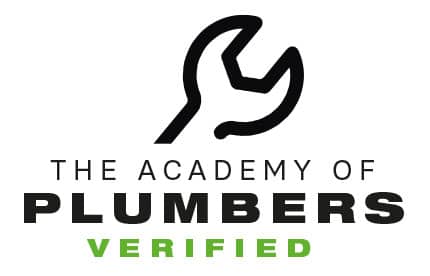The Atlantic Hurricane Season technically lasts from June 1 – November 30. Although we are more than halfway through the Atlantic Hurricane Season, right now is the time for a reminder on hurricane safety. Historical evidence has shown a peak in tropical activity in the Atlantic around late August and through September. Since 1950, about 61% of all named storms in the Atlantic have occurred in either August or September.
One of Charleston most historic hurricanes, Hurricane Hugo, hit landfall just north of Charleston on September 22, 1989 around midnight; it is never too late in the season to educate yourself and others on hurricane safety and preparedness.
Am I prepared for a Hurricane or Tropical Storm?
A few quick questions to answer to help you prepare
Do you have an evacuation plan?
Charleston is a coastal city that is surrounded by beautiful beaches, river, and creeks but if a hurricane or tropical storm hits, those waterways can cause significant damage. It is important that you understand your evacuation zone and plan out the route that you need to take.
Know Your Zone is a public education campaign to inform the citizens and visitors South Carolina of new hurricane evacuation zones and their vulnerability to storm surge. If you know a storm is coming, follow the instructions of your local emergency officials. If they suggest evacuating, get out of harm’s way.
Is your gas tank full?
Another good thing to remember before you evacuate is to fill up the gas tank before you hit the road. It is very likely that only a limited number of stations will be open and operating along the evacuation routes.
Is your house prepared?
Boarding up your windows/shutters and removing/securing outdoor furniture can help protect your home from possible storm damage.
Do you have backup clean drinking water and food? Do you have backup supply of medication?
During a tropical storm or hurricane, many stores will close and you may even loose power or access to clean drinking water. Make sure you are prepared with clean drinking water, backup medications, and food for yourself and family.
If you use electricity to run medical equipment (like a nebulizer, oxygen concentrator, or ventilator) or to keep your medication refrigerated, do you know where to go if the power goes out? Do you know where you can go to recharge your batteries? Do you know who you will call if you need help getting there?
It is important to think of everything that your electricity powers. You can always be prepared with a backup power solution through a portable or standby Generac generator.
Do you have a backup copy of your medical record?
You can ask your doctor to print a copy for you, or save an electronic copy in the cloud or on an external hard drive or enter the information into a smart phone or tablet application.



